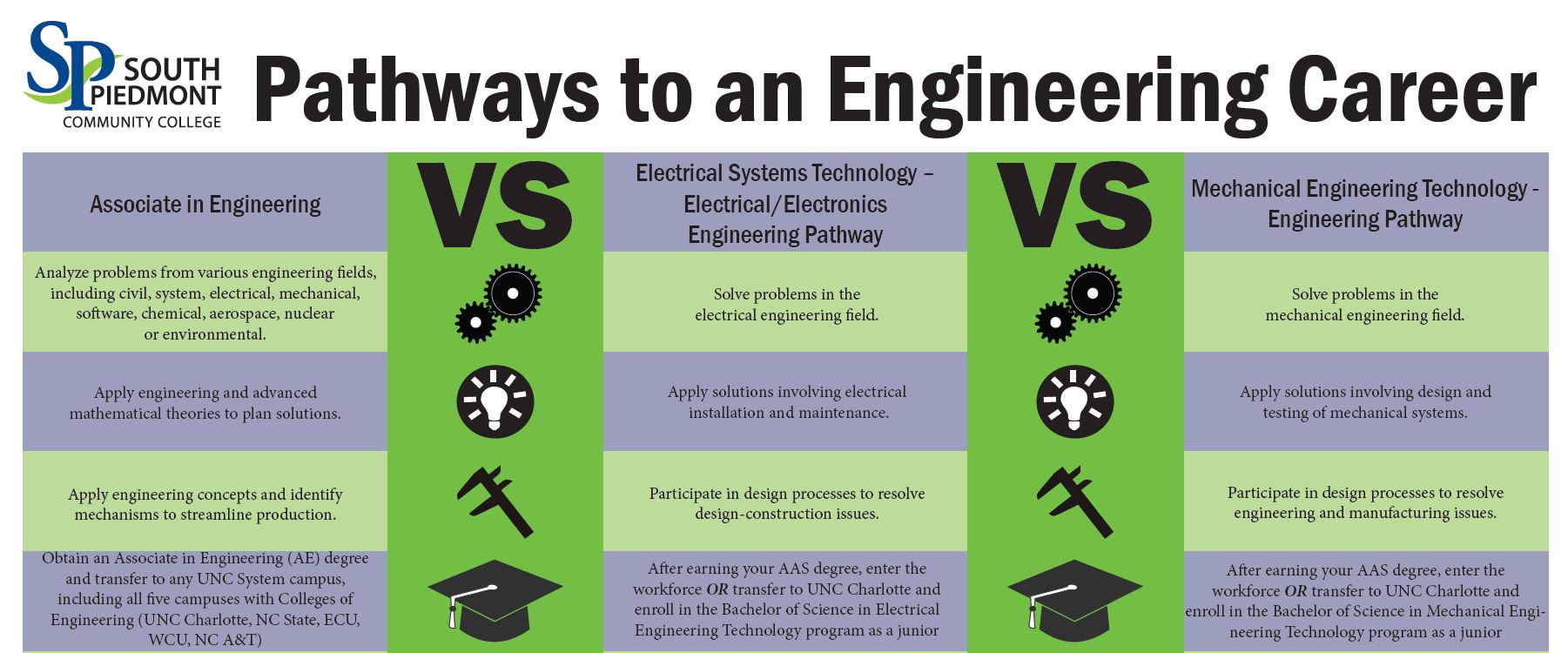The ongoing discussion between chemical vs mechanical engineering is heated. Both are involved in various fields but with different contributions to the overall picture of how technology develops. They each have made significant contributions to science and technology that cannot be ignored or taken for granted. These are both technical in nature. But, at the end of the day, how do these two types fare when faced with critical issues?
When people are asked which is better between chemical and mechanical engineering, many will say that it depends entirely on the situation that requires consideration. For example, it is widely accepted that mechanical engineering is a much more important aspect of modern life. For example, cars, planes, buildings and bridges all utilize some form of mechanical engineering to ensure their safe operation. Chemical engineering, on the other hand, is used mostly to design products, for example products that we put in our mouth, and which serve a variety of purposes. Therefore, which is better? It is up to the individual to decide the answer for him or herself based on his or her own needs and interests.
In order to answer the question, "which is better between chemical vs mechanical engineering?" it is first necessary to understand where the difference truly comes from. The differences between the two are not simply a matter of specialization or difference of function; they are rooted in fundamental differences in the way that science and technology to treat problems, theories and ideas as well as in the goals that are commonly associated with such theories and ideas.

The fundamental difference between chemical and mechanical engineering is grounded in the goals and purposes that are associated with such processes. In the case of chemical engineering, the goal is efficiency - the ability of a system to perform given operations without having to rely on outside intervention or guidance. Thus, problems can be solved without having to go through the costly process of trial and error, the means by which effective solutions are continually sought after. While efficiency is the driving force behind the efficiency of chemical engineering, it must also be understood that there are often trade-offs and sacrifices made in order to achieve efficiency. Chemical engineering seeks to create systems that can function both safely and effectively.
In contrast, the goal associated with mechanical engineering is the ability to create motion by means of some mechanism. In this process, safety is paramount. The concepts underlying mechanical engineering are different from those associated with chemical engineering. For example, while mechanical engineering seeks to create motion by creating a machine that operates without the aid of humans, chemical engineering seeks to solve problems by means of organic, non-biodegradable materials.
One of the fundamental differences between the two disciplines is found in the manner in which one seeks to understand and design a system. In chemical versus mechanical engineering, the outcome or solution to a problem is seen as a function of a number of variables. These variables may include variables related to temperature, pressure, and other environmental factors. The concepts of thermodynamics and dynamic friction dictate how the system will interact with external factors such as pressure and temperature.
Thermodynamic efficiency, however, cannot be derived from temperatures alone. A thermodynamic relationship is a non-trivial relationship because heat itself is itself a unique energy form. Thus, a system subject to changes in temperature, for example, must also be designed using a different frame of reference. The difference between chemical and mechanical engineering in this case is that one seeks to understand how a system works at a macroscopic level, while the other seeks to understand how a system works at a microscopic level. Understanding the differences between the two disciplines is paramount to ensuring success in implementing solutions that are relevant to both the safety and efficiency of a system. For example, if an engine is designed to work under ideal temperatures, it is important to ensure that it is manufactured using high-temperature machining techniques.
The relationship between chemical vs mechanical engineering can be defined by looking towards the difference between designing a material or product that is capable of withstanding pressures and temperatures and designing a material or product that is capable of resisting such pressures and temperatures. The former is engineering at its most fundamental and the latter is engineering at its most advanced. In a sense, the former encompasses principles that are known at the foundation of engineering, while the latter requires the application of knowledge learned via experimentation and experience. Chemical or mechanical engineering thus describes a division which is grounded upon knowledge that has been experimentally verified and knowledge that has been applied at a fundamental level. Understanding this fundamental difference, can help to identify the fundamental difference between materials and products and ultimately improve design methodology.






